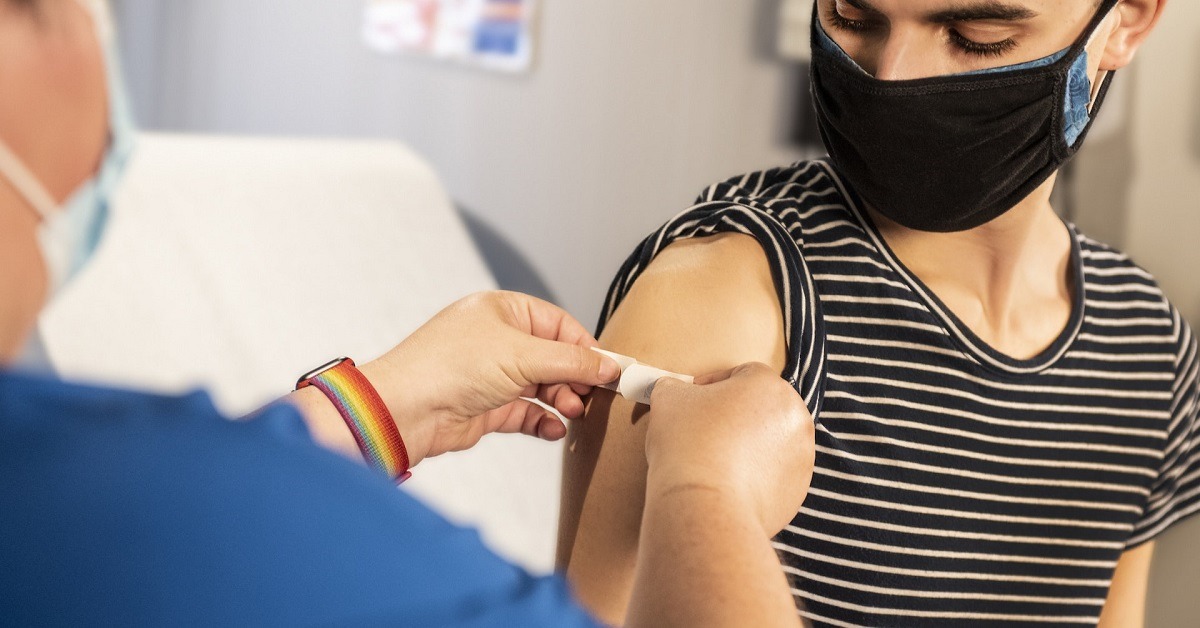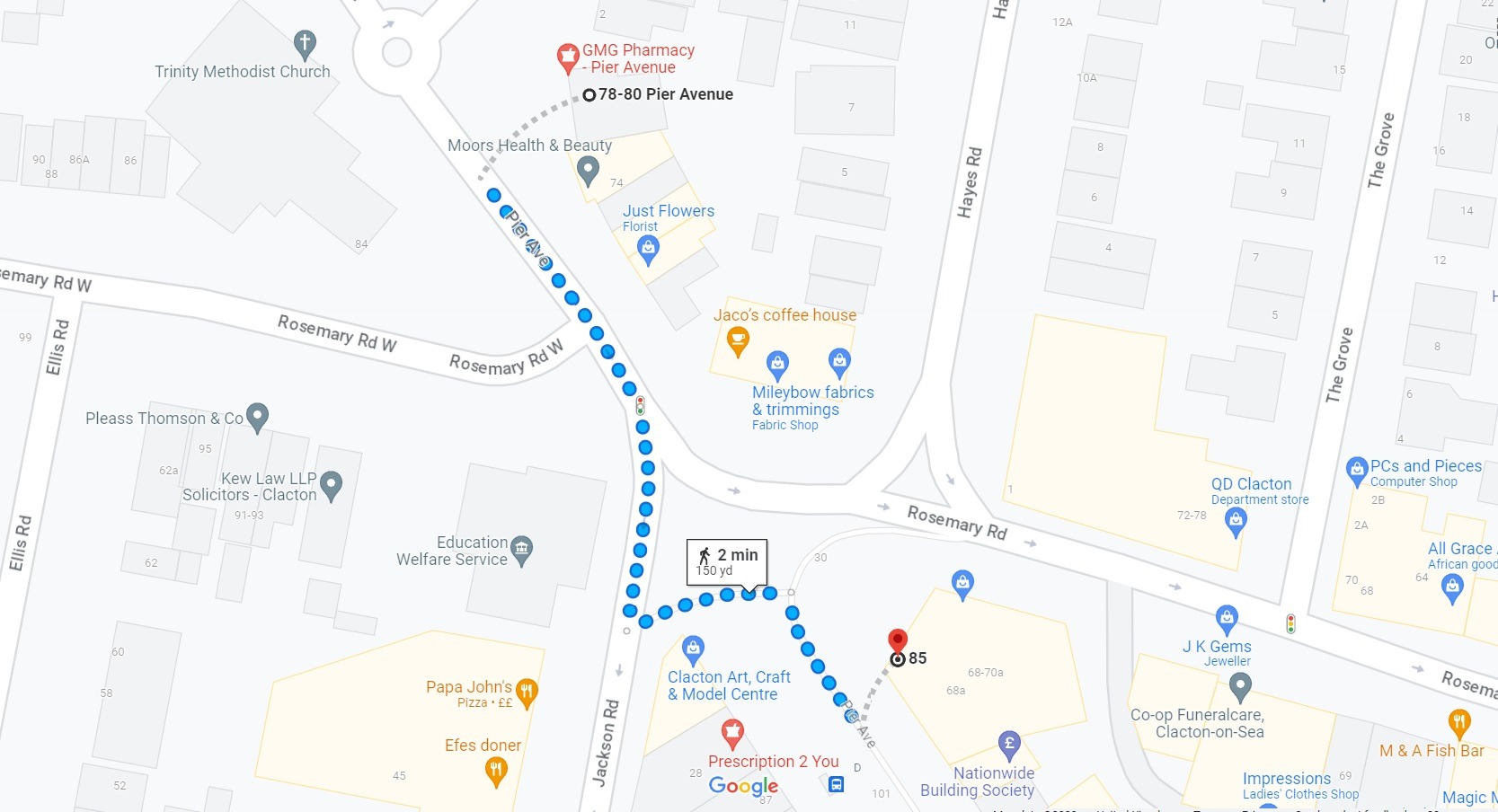Protecting Your Health while Travelling: The Importance of the Hepatitis A Vaccine

Hepatitis A is a liver infection caused by the Hepatitis A virus. The infection can be acquired by consuming contaminated food or drinks, or by touching your mouth with hands that have come into contact with infected faeces. You can protect yourself against the illness by getting vaccinated. The hepatitis A vaccine is not frequently administered in the UK because most people have a minimal risk of contracting the disease. Therefore, only those at high risk are advised to get this vaccination. Keep reading to learn more about the hepatitis A vaccine and how you can get it at our pharmacy in Essex.
Who should get the hepatitis A vaccine?
Infant immunisation is a normal practice in the majority of developed countries. Furthermore, you should get the vaccination or get revaccinated if your chance of contracting the disease is higher. This is crucial, especially for those who run the risk of developing complications from hepatitis A.
In general, it is advised that the following people get a hepatitis A vaccination:
– Anyone who is close to a hepatitis A patient.
– Those who have chronic liver disease.
– People who inject themselves with drugs.
– Those who stay or want to travel in hepatitis A-prone parts of the world, mostly those where sanitary conditions and food handling practices are likely to be substandard.
– Those whose line of work put them at risk of contracting hepatitis A.
– Men who have sex with other men.
Contact us today for advice if you’re not sure if you need the vaccination.
Types of hepatitis A vaccine
Hepatitis A vaccines usually come in three different varieties, including:
– Hepatitis A vaccine only.
– Typhoid and hepatitis A vaccinations are given together.
– Combination of hepatitis A and hepatitis B vaccines.
Speak with your pharmacist if you would like to know which vaccine is best for you. They are all often accessible and free through the NHS.
If you are travelling abroad, you should make an appointment for your immunisations in advance. They should preferably be started at least 2 or 3 weeks ahead of your departure, though you can have some the day before you travel.
If you want long-term protection after 6 to 12 months, you frequently need extra vaccination doses.
Visit the NHS Fit For Travel page to learn more about the various hepatitis A vaccinations.

Side effects of the hepatitis A vaccine
After getting the hepatitis A vaccine, some patients experience temporary skin hardness, discomfort, and redness at the site of injection. A little, painless lump might occasionally appear, but it usually disappears quickly and is of no concern.
The following are some uncommon side effects:
– Feeling sick.
– Fatigue.
– Loss of appetite.
– A slightly raised temperature.
– A headache.
How long is the hepatitis A vaccine good for?
The Hepatitis A vaccine’s exact lifespan is still a mystery. However, those who receive the vaccine in two doses and children who get three doses should have a 20 to 25-year immunity. According to recent statistics, if the second dose is given 6 to 12 months after the first, antibodies will be present for at least 25 years.
It means that the vaccine may offer protection for a considerable amount of time. However, you should educate yourself on the illness and the requirements for a booster jab.
How do you treat hepatitis A?
There is no particular treatment for the hepatitis A virus. Therefore, you should visit a pharmacy or doctor if you suspect you have an infection.
The following are some things you can try to reduce your symptoms:
– Drink a lot of fluids to stay hydrated.
– Get enough rest.
– Contact a pharmacist or a doctor to obtain over-the-counter medications to relieve symptoms such as discomfort or itching.
Important facts to consider
Inactivated vaccinations, such as the one for hepatitis A, are safe for haemodialysis patients and people with AIDS. It also doesn’t hurt to get more immunisations if someone has misplaced their medical documents.
In some circumstances, pre-vaccination testing may be necessary. This programme may include members of specific ethnic groups or those who reside in areas with high hepatitis A incidence rates in order to reduce the cost of vaccinations. This also applies to people who inject drugs.
The protection normally takes 2 to 4 weeks to take effect. The protective effect may start immediately because the hepatitis A virus has a lengthy incubation time.
Hepatitis A is rarely treated with antivirals, and the liver has an amazing capacity for self-regeneration. A medical practitioner may typically recommend rest, adequate fluids, and healthy nutrition, however, some patients may require hospitalisation.

Where can I get the hepatitis A vaccine in Essex?
Visit G.M. Graham Pharmacies today to get your hepatitis A vaccine in Essex.
This post was written on behalf of G.M. Graham Pharmacies by Pharmacy Mentor
